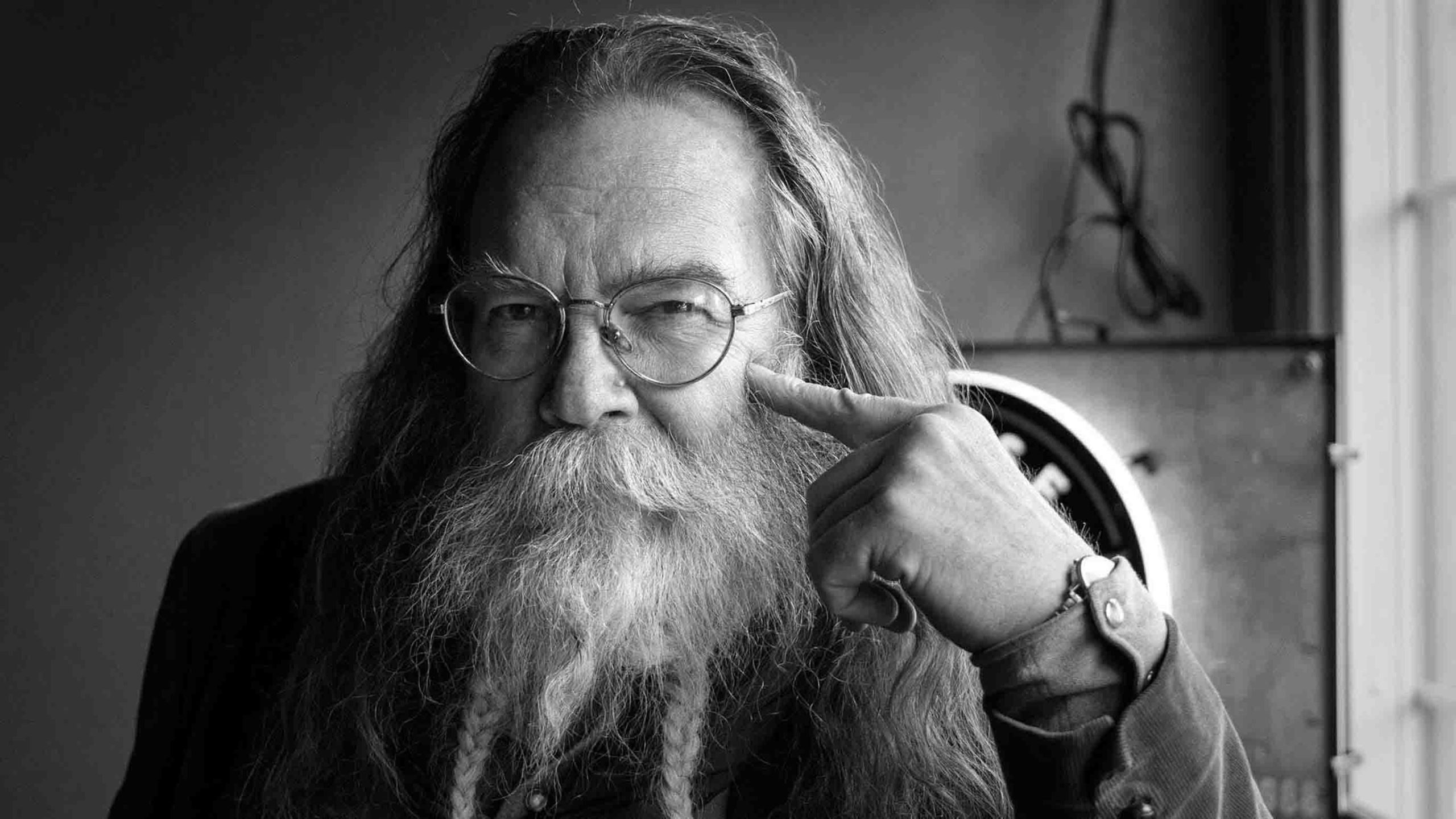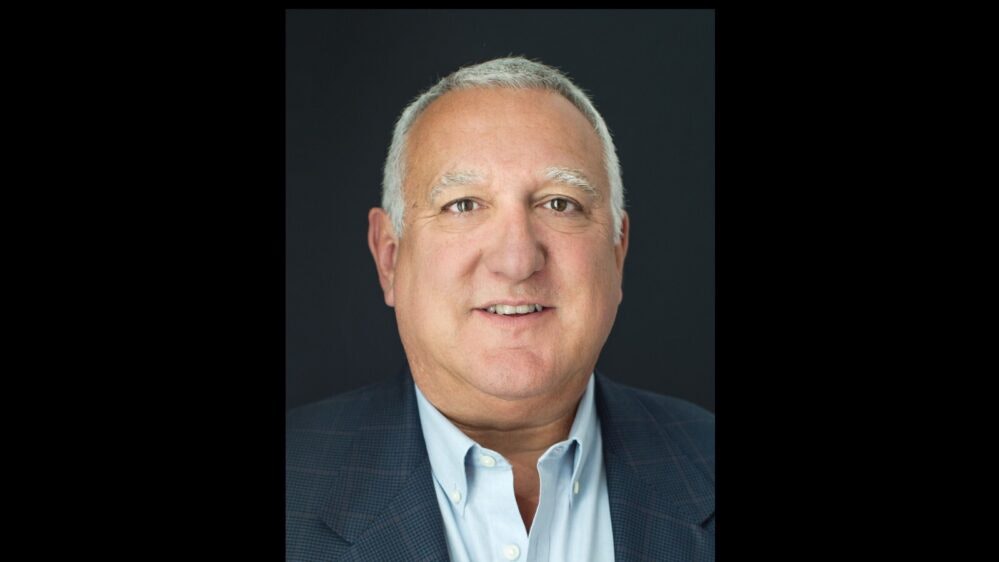I’ll try like hell to come up with a happy ending for this column, but given the subject matter, that might be a tad tough. Shall we proceed?
When I was born, in 1950, I shared the world with two and a half billion other folks. Today in my golden years, I look around and see a world crammed with eight billion of us. There are almost four times as many Earthlings today as when I took my first breath.
The world’s population has almost doubled twice in my lifetime, while the Earth has stayed the same size. Depending on whom you ask, there have been roughly a hundred billion humans who have occupied our planet since the dawn of our species a hundred thousand years or so ago.
Eight billion of us are alive today. Eight percent of humans who have ever lived are working, playing, breeding and consuming a finite resource as we speak.
Wyoming’s population has doubled itself since I was born into the fold, from 290,000 to just under 600,000. That’s not as dramatic an increase as the world has seen, but still something to consider in a state where empty sagebrush acres have always outnumbered homo sapiens.
While we Wyomingites aren’t living cheek to jowl with each other within our tidy square border, we are nevertheless not immune to the effects of rampant population growth in the Big Elsewhere.
Advances in technology, transportation and communication have shrunk the world to the point that, if we can’t see all those billions of folks outside our border, we can sure as hell feel ‘em breathing down our necks.
Let’s digress for a moment and examine the political environment that has prevailed over the past decade or so, both here in Wyoming and around the world. Politics have become demonstrably pricklier, more brittle, more acrid, more selfish and less genteel. “Me” has replaced “Us” as the fulcrum of our shared political life.
Anyone who disputes that simply hasn’t been paying attention.
Perhaps the blame for that can be laid at the feet of the internet, where a political bloodbath in someplace like Venezuela or Crimea immediately shows up on screens held in the hand, and the opportunity is afforded to anyone to add their two cents to the drama. We feel personally attacked by events in places we have scarcely heard of.
It’s almost like a political “butterfly effect,” whereby a local dust-up among folks in Africa creates a hurricane in some system like Fox News or NPR. The result being that turmoil anywhere feels like it’s hitting close to home.
And we feel that wind on our cheeks here in Wyoming, while we feed cattle or dig out the driveway to get to work. As Barry Commoner said, “Everything is connected to everything else.”
Here in the Cowboy State, we are still blessed to have plenty of elbow room and places to go if we want to avoid crowds. But we still feel in our bones and in our politics that the world itself is becoming crowded and there’s damn little we can do about it.
Picture a cage full of a hundred lab rats with enough food and water to go around. The little boogers are fat, dumb and happy. Until they start to reproduce, or until another hundred rats are introduced with no equivalent increase in resources.
Then, things start to go south pronto.
Overcrowding breaks the equilibrium of social order, resulting in Darwinism where only the strongest survive. I think that’s what is happening in the world today.
I promised you a happy ending, didn’t I? Here are a couple of possible outcomes.
Happy Ending #1: We Earth-Dwellers can keep kicking the can down the road, waiting for some deus ex machina to save our asses. That salvation has historically appeared in the form of one of the Four Horsemen of the Apocalypse. War, Famine, Death or Conquest have all proven adept at dramatically and efficiently reducing human population over the centuries. And that appears to be the prevailing vector of politics in the world today.
Happy Ending #2: We can take it upon ourselves to make room for our neighbors and the expanding population, care for them like they are ourselves and reduce our own consumption so that there is plenty on the table for everyone.
But, alas, run that idea up the political flagpole and see who salutes it.





